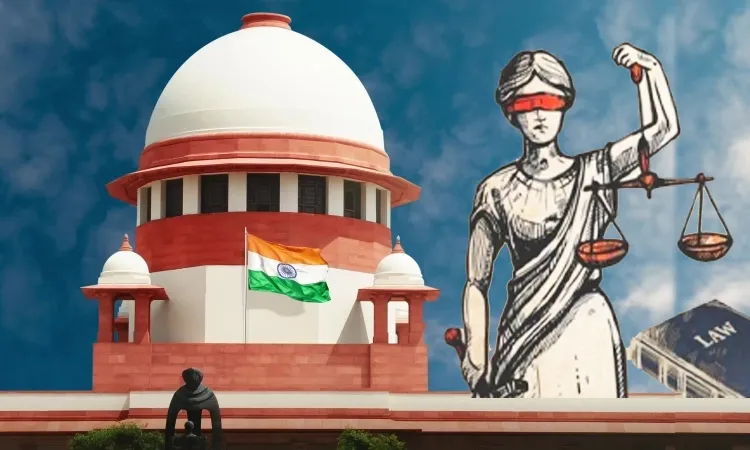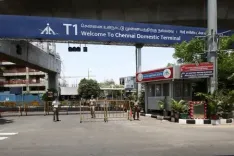Why Did the SC Refuse to Postpone Charges Against Lalu Prasad Yadav in Land-for-Job Scam?

Synopsis
Key Takeaways
- The Supreme Court declined to defer charge framing for Lalu Prasad Yadav.
- Ongoing trial proceedings are unaffected by pending petitions.
- Allegations relate to land transfers for job appointments during his tenure.
- The case highlights issues of public accountability and corruption.
- Implications of the ruling could impact future cases involving public officials.
New Delhi, July 30 (NationPress) The Supreme Court on Wednesday refused to instruct a Delhi trial court to delay the proceedings regarding the framing of charges against Rashtriya Janata Dal (RJD) leader Lalu Prasad in the purported land-for-job scam case.
In a recent motion presented before the apex court, Lalu Prasad Yadav requested that the trial court defer proceedings until August 12, coinciding with the hearing of his petition aimed at quashing the FIR lodged by the Central Bureau of Investigation (CBI) in the Delhi High Court.
Declining to provide any direction, a Bench of Justices M.M. Sundresh and N. Kotiswar Singh noted that the petition pending in the Delhi High Court would not become “infructuous” even if the trial court moves forward with the charge framing.
The Court further observed that the trial court's actions, including the charge framing, are inherently dependent on the result of the quashing petition still awaiting resolution in the Delhi High Court.
Previously, on July 18, the Justice Sundresh-led Bench had opted not to suspend the trial processes against Lalu Prasad Yadav, remarking that such a minor matter should not monopolize its attention, and that the Delhi High Court should address his request.
Following a rejection of his request to halt the trial proceedings by the Delhi High Court, Lalu Prasad Yadav approached the Supreme Court via a Special Leave Petition (SLP).
In his appeal to the Delhi High Court, the former Railway Minister asserted that no police officer is authorized to investigate alleged offenses committed by a public servant in connection with any recommendations or decisions made during their public duties without prior consent from the competent authority.
He argued that the FIR registration without such consent was unlawful, thus invalidating all subsequent actions—including investigations, charge sheet submissions, and cognizance by the trial court—rendering them void ab initio (from the very beginning).
After considering the arguments, the Delhi High Court permitted Lalu Prasad Yadav to present all his claims before the trial court during the charge framing stage and subsequently dismissed his request to stay trial proceedings in the land-for-job affair, leading him to appeal to the Supreme Court.
According to the CBI's case registered on May 18, 2022, between 2004 and 2009, then Railway Minister Lalu Prasad Yadav allegedly secured financial benefits through the transfer of land ownership to his family members in exchange for appointing substitutes to Group 'D' positions across various Railway Zones.
Numerous individuals reportedly sold or donated their land to the family of Lalu Prasad Yadav and a private enterprise managed by him and his family.
The CBI noted, "No advertisements or public notices were issued for the appointment of substitutes in Zonal Railways; however, the appointees, who resided in Patna, were placed as substitutes across multiple Zonal Railways in Mumbai, Jabalpur, Kolkata, Jaipur, and Hajipur."







